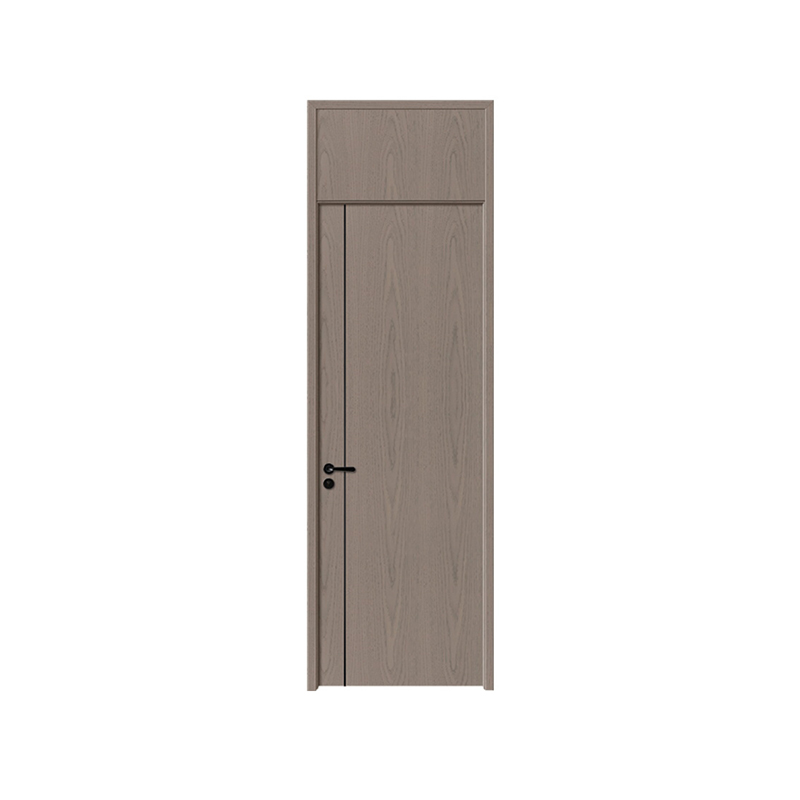We provide quality products and services to customers from all over the world.
Comparing Custom Veneer Doors with Solid Wood and Laminated Doors

When choosing doors for residential or commercial spaces, understanding the differences between custom veneer doors, solid wood doors, and laminated doors is essential. Each option offers unique benefits and drawbacks that affect aesthetics, durability, cost, and maintenance. Comparing these door types helps buyers make informed decisions tailored to their specific needs.
Custom veneer doors feature a thin layer of natural wood veneer applied over a core material, often engineered wood or MDF. This construction method allows manufacturers to produce doors that showcase the natural beauty of wood grain while offering greater flexibility in design and size. One advantage of custom veneer doors is that they provide a visually authentic wood appearance without the weight or cost associated with solid wood doors. Additionally, because the veneer is applied over a stable core, these doors tend to be less prone to warping or cracking caused by humidity and temperature fluctuations.
In contrast, solid wood doors are crafted from a single piece or multiple joined pieces of natural wood. These doors offer traditional appeal and durability, often favored for their authenticity and strength. Solid wood doors provide great insulation and soundproofing, making them suitable for various interior and exterior applications. However, they can be heavier, more expensive, and require regular maintenance to prevent issues like swelling or splitting, especially in environments with high moisture.
Laminated doors, on the other hand, are made by bonding layers of materials such as paper or plastic laminate onto a core, which may be wood-based or synthetic. The laminate layer provides a durable, easy-to-clean surface that resists scratches, stains, and moisture. Laminated doors are usually more affordable than both custom veneer and solid wood options, making them popular for budget-conscious projects. While they offer a wide range of colors and finishes, laminated doors may lack the natural texture and warmth found in wood or veneer surfaces.
When considering cost, custom veneer doors generally fall between solid wood and laminated doors. They provide an attractive wood finish at a lower price point than solid wood, due to the reduced amount of natural wood used. Compared to laminated doors, custom veneer doors may be more costly, reflecting the quality of the wood veneer and the craftsmanship involved. However, the investment can be worthwhile for those seeking a balance of aesthetics and performance.
Durability is another important factor to examine. Custom veneer doors benefit from the stability of their engineered cores, which resist environmental changes better than solid wood. This makes them suitable for areas where humidity levels fluctuate, such as kitchens or bathrooms. Solid wood doors, while strong, require more care to maintain their condition over time. Laminated doors provide great surface protection but can be susceptible to damage if the laminate layer is punctured or scratched deeply.
From a design perspective, custom veneer doors offer more customization possibilities than laminated doors due to the natural wood grain and variety of wood species available. Veneer can be cut and applied in different patterns, allowing for unique and elegant designs. Solid wood doors also offer customization, but the options can be limited by the wood's natural characteristics and availability. Laminated doors offer a wide range of colors and patterns but often lack the richness that comes with natural wood textures.
Maintenance considerations also vary among these door types. Custom veneer doors require gentle cleaning and occasional refinishing to preserve the veneer surface. Solid wood doors demand regular care, including sealing or painting, to protect against moisture and wear. Laminated doors are generally low maintenance, requiring only simple cleaning to maintain their appearance.
Custom veneer doors present a middle ground between solid wood and laminated doors. They offer the natural beauty of wood with added stability and versatility, making them suitable for various applications. Solid wood doors appeal to those valuing authenticity and durability but may require more upkeep. Laminated doors provide an affordable, low-maintenance option but lack the natural look of wood. Understanding these differences can help homeowners, designers, and builders select the door type that great matches their project's needs.
Interested in cooperation or have questions?
![]() +86-13857003056
+86-13857003056
![]() No. 27 Lianhuashan Avenue, Jiangshan Economic Development, Jiangshan, Quzhou, Zhejiang, China
No. 27 Lianhuashan Avenue, Jiangshan Economic Development, Jiangshan, Quzhou, Zhejiang, China

 English
English русский
русский Français
Français Español
Español عربى
عربى
